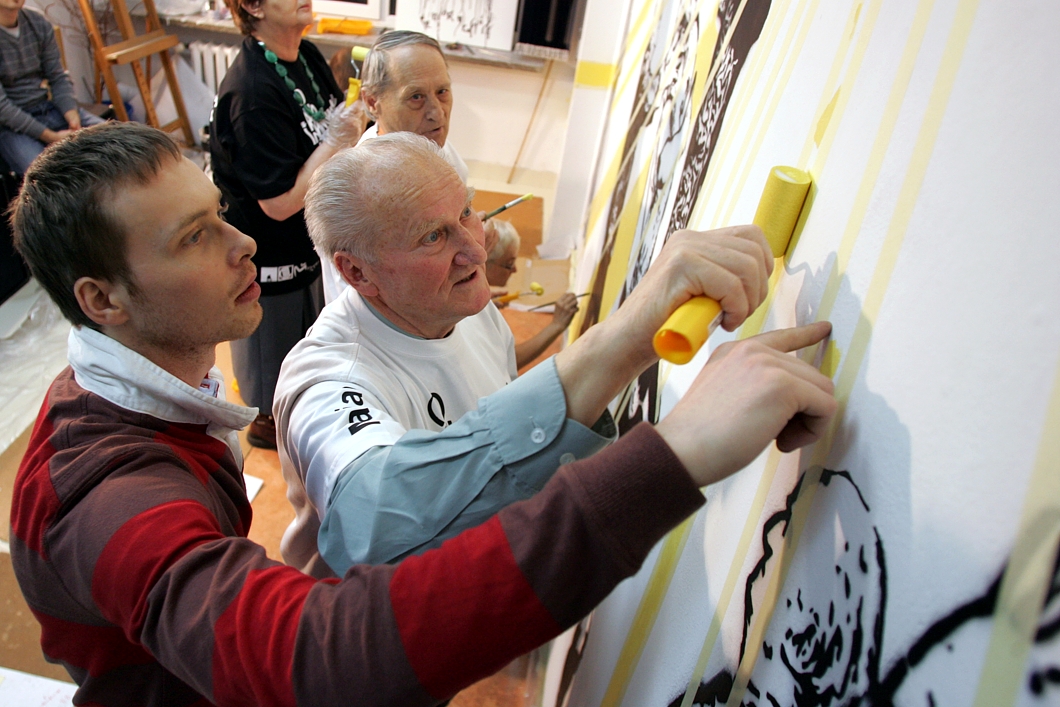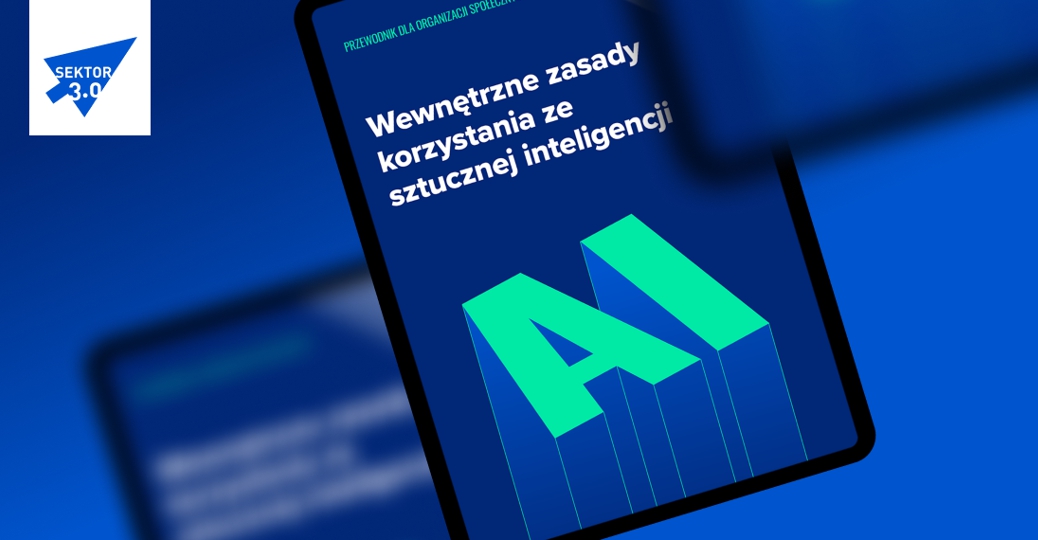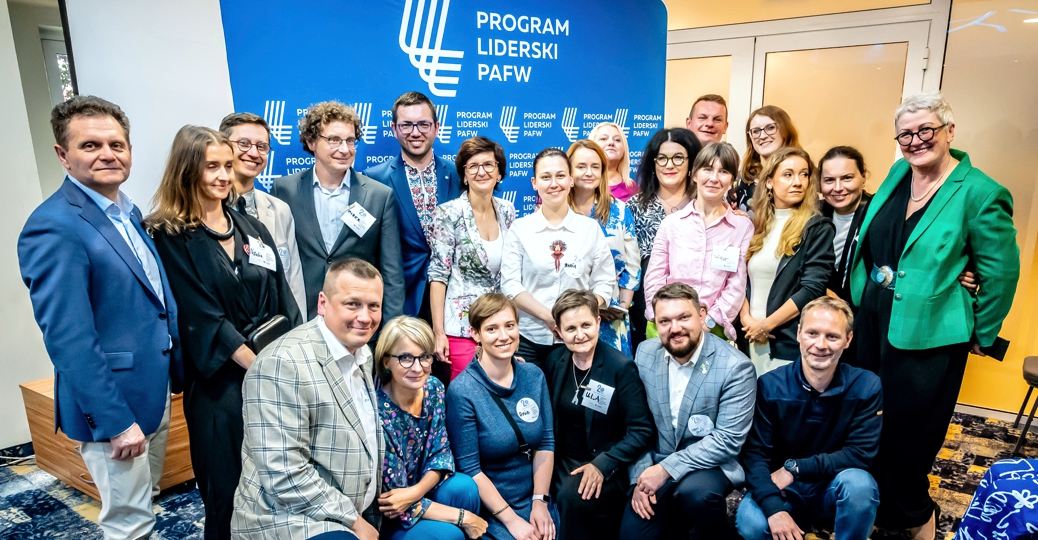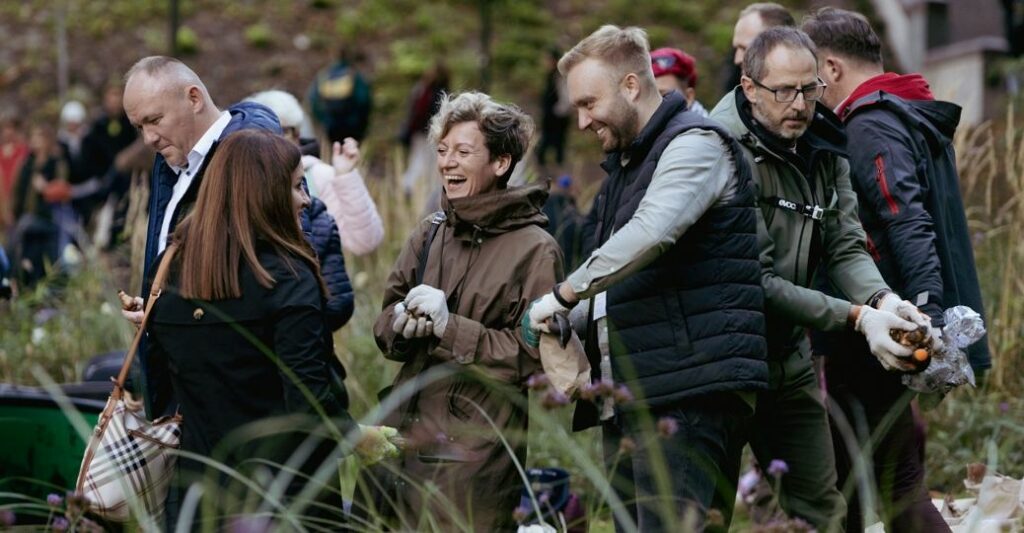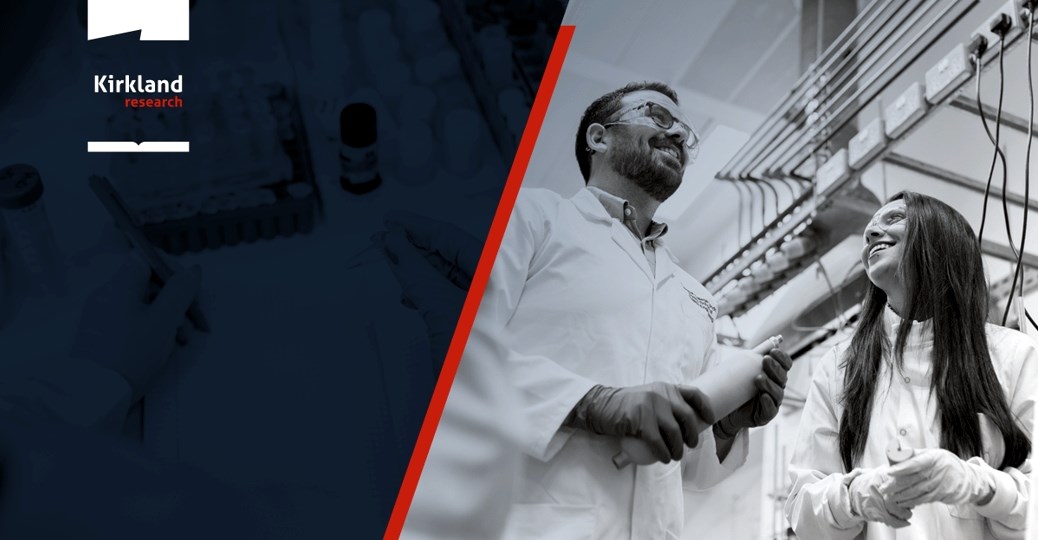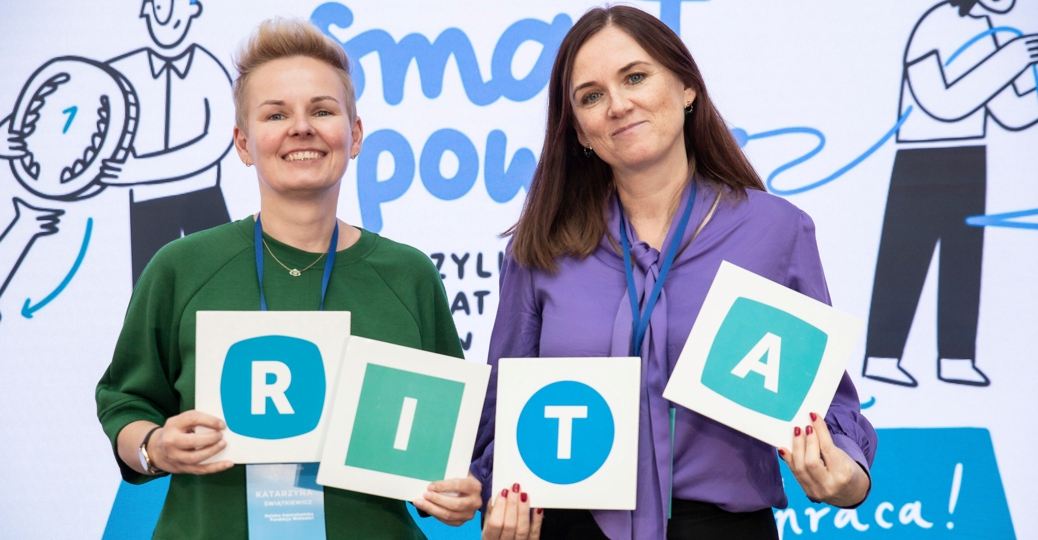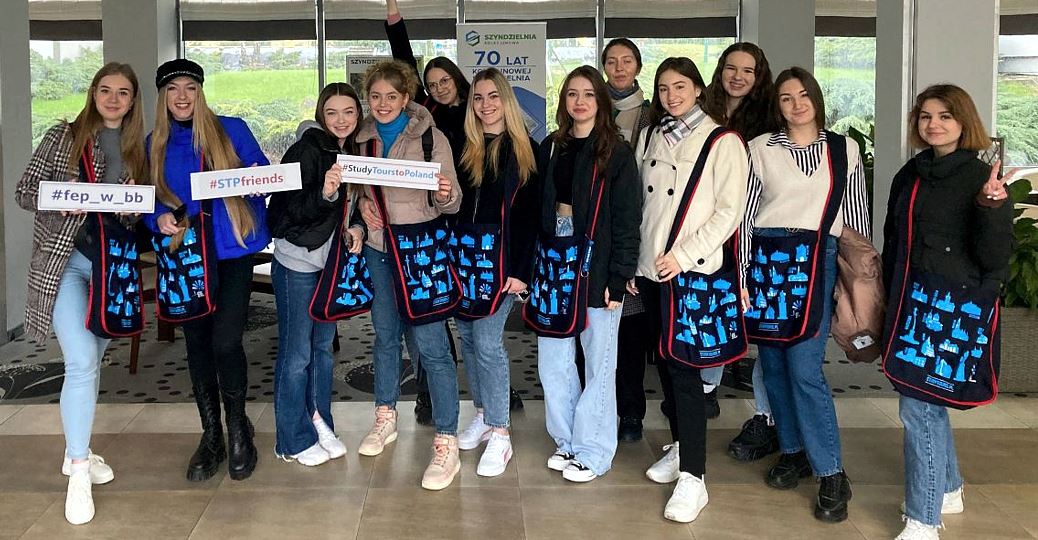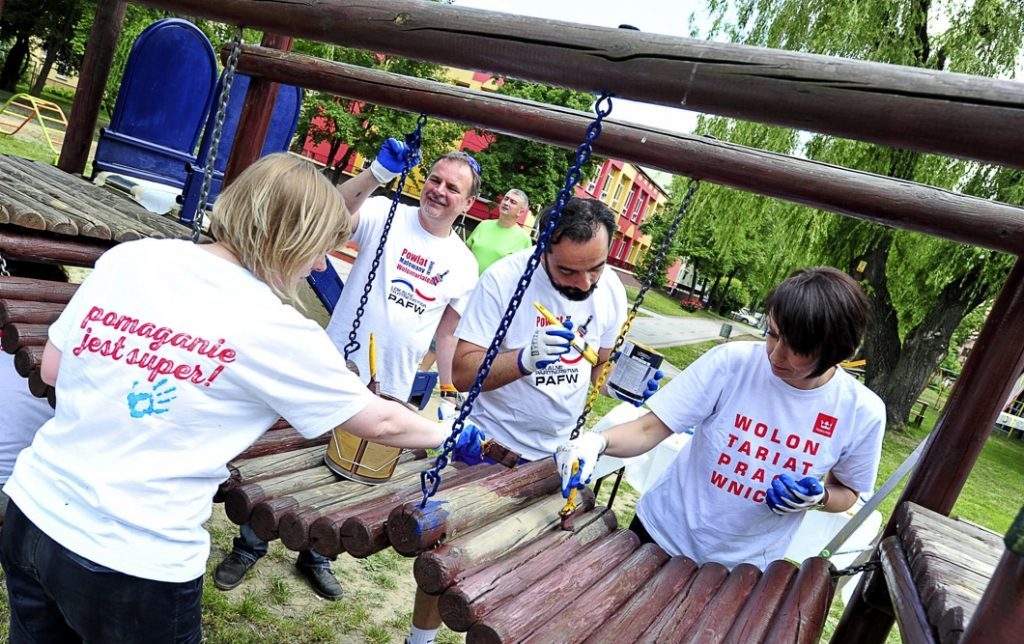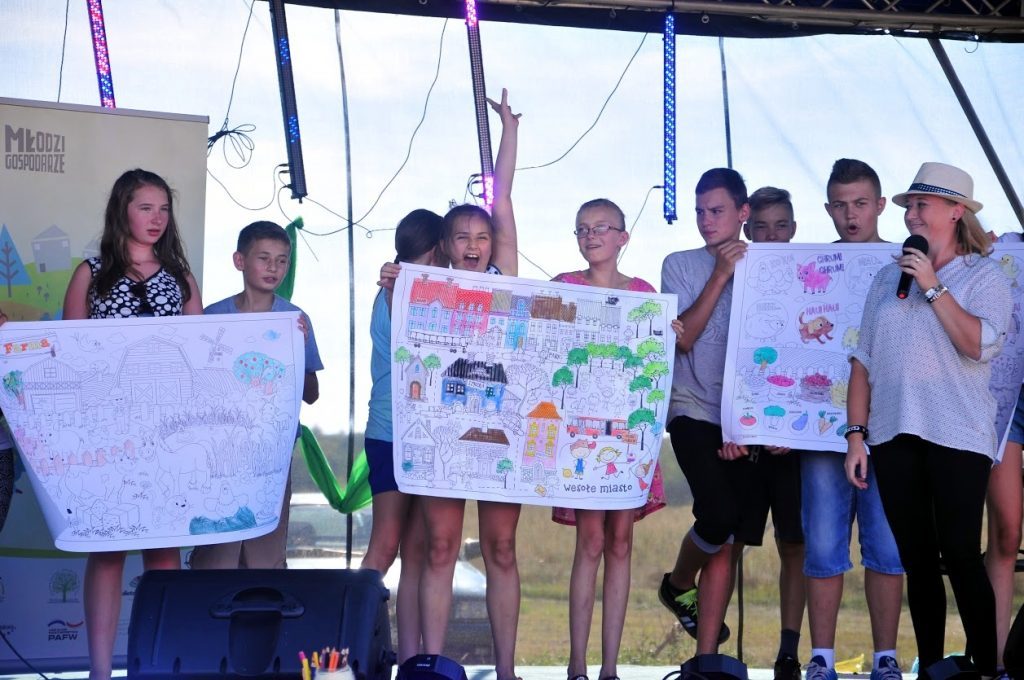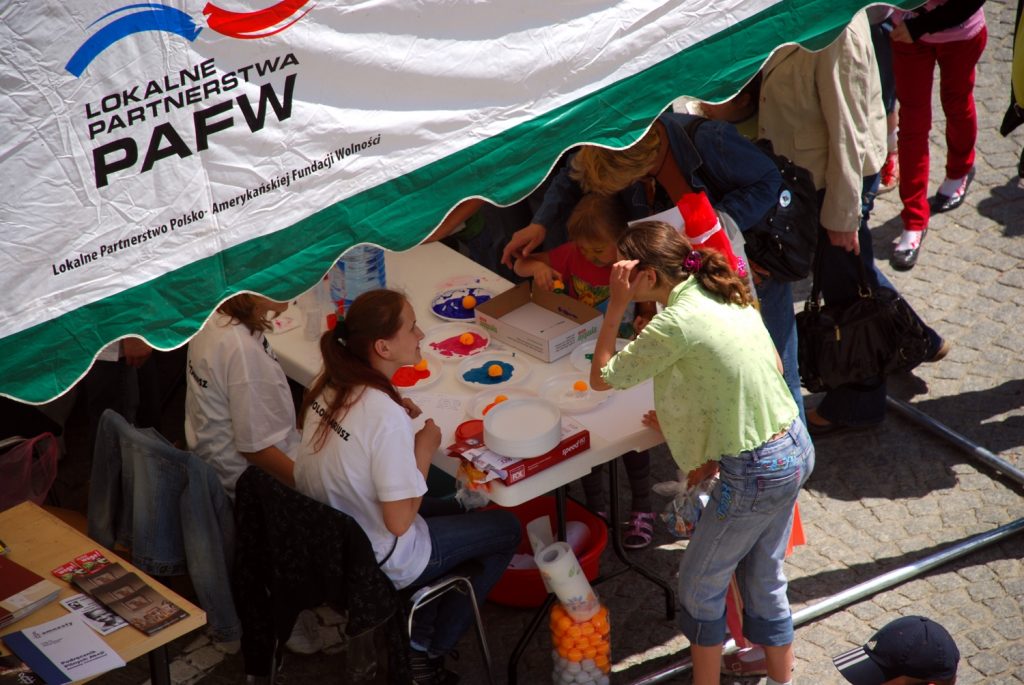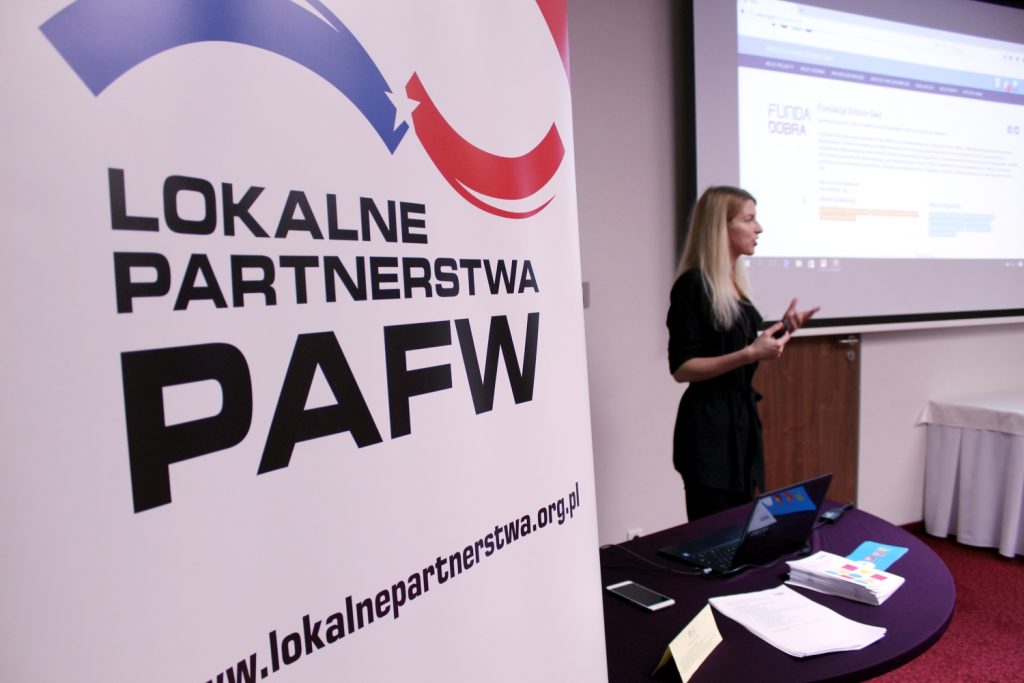The objective of the program is to initiate and develop cooperation among participants of various PAFF programs to promote establishing partnerships capable of implementing social projects important to entire local communities. The program uses the local community civic activation method to build common good on the basis of a social needs diagnosis.
Thanks to the diversified PAFF programmatic offer many local communities in Poland have carried out projects which have created opportunities for gaining experience and building resources that unleash civic energy. The “PAFF Local Partnerships” program offers participants of these projects the possibility of building joint partnership initiatives using the accumulated potential for work benefiting their local communities. This contributes to strengthening local social capital through a synergy of experiences and results of various initiatives. Partnerships primarily composed of participants of several PAFF programs, who constitute an Initiative Group within each coalition, are established. They are joined by local governments, businesses, the local media, as well as non-governmental organizations and institutions that have not previously participated in any PAFF programs. Organizations participating in one of the following PAFF programs can become partnership leaders: “Act Locally”, “English Teaching”, “Equal Opportunities”, “The Learning Schools” (LES), “PAFF Leaders”, the Library Development Program, “Region in Transition” (RITA), “Seniors in Action”, and “Green Leader.” Many local residents and volunteers are engaged in the execution of the projects.
In the nine editions held since 2009, 83 PAFF Local Partnerships have been formed, including 19 partner start-ups, reaching 130 communes and engaging 1,200 partners.
Thanks to the partner projects it was possible to amend existing legal regulations and reduce air pollution in Żywiec, create a local citizen television channel in Grodzisk Mazowiecki, develop a public park in Biłgoraj, and regenerate a historical park in Drawsko Pomorskie. Dębica gained a poviat volunteer center, Płużnica – a “Co-Sharing Point,” which provides a resident-friendly and modern space of informal education. A “Local Integration Center” now operates in Orneta, while Oborniki Śląskie and Łubiany have acquired educational spaces. Project outcomes also promote local products. A “Carp Trail” now runs through Barycza Valley, Warka offers an “Apple Route,” while Ćmielów cultivates its porcelain-making traditions. Podkarpacie now hosts a Network of Youth-friendly Places, Złotoryja gained a “Volcano” Activity Center which seeks to engage young people, while Niemce established a Youth Forest Guard, which helps keep the Kozłowieckie Forests clean and beautiful by promoting eco-friendly approaches. Niepołomice succeeded in integrating its residents by involving them in acting for the formerly shunned Niepołomice Primeveal Forest. Gołdap banked on the region’s multiculturality, Wojkowice established a Polish-Ukrainian business generator. The Dragacz and Mosina partnership focused on cultivating cultural and natural heritage, Nowy Tomyśl created its first “Library Garden.” Bircza opened an eco-museum. Efforts of the local residents and partners saved the first Polish locomotive factory, “Fablok” SA, from being forgotten, and made it a highlight of Chrzanów. Krotoszyn gave the neglected square near to its public library a new lease of life.
Since 2022, the partnerships completed 10 special projects for refugees from Ukraine. These projects consisted of organizing adaptation and integration meetings for Polish and Ukrainian families, therapy workshops for children and youth, Polish language courses, as well as legal and psychological support.
In 2024, the ninth program edition led to the emergence of six partnerships and two start-ups. These paved the way for the “Green Oasis,” a Centre for Ecologically Active Youth in Starogard Gdański, the Youth Leadership Academy in Jabłonna, a youth zone in Kowary, and the Local Initiative Park in Kijewo Królewskie.
The program promotes the local community activation method developed together with the Shipyard Foundation, which has been showcased in two publications: “How to Build Common Good. A Guide for Local Actors” and “How to Build Local Partnerships.” The scientific publication entitled, “The Local Community Animation Method for the Common Good. Theory and Practice”, was published in 2021 and presents the conclusions reached by a team of University of Warsaw researchers led by Prof. Anna Giza. The monograph confirmed that this method was effective and useful in practice, i.e. that it stimulated local communities, and that its effects responded to local residents’ needs and expectations.
Another program component – the Common Good Lab – is addressed to program alumni. The objective of this initiative is to popularize cooperation of local communities working for the common good, promoting methods of local communities’ animation and enhancing the sustainability of existing partnerships. The initiative offers expert support and access to a database of materials, as well as regular alumni gatherings, training sessions, and webinars. The most active participants form the Civic Activists’ Community, which works to improve the animation method and develop tools to mobilize local communities. They also support creating new partnerships in locations that have not yet been reached by the program.
PAFF has disbursed $3,834,745, including $412,711 for the current edition.









